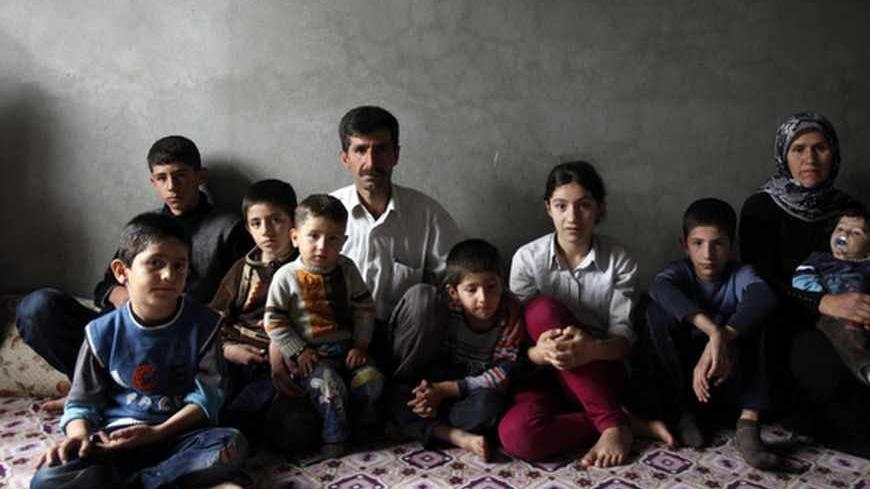A universally known saying, also used in the Turkish language, suggests, “You reap what you sow.” Perhaps keeping that in mind, Turkish Prime Minister Tayyip Erdogan hopes that each Turkish family will yield three children. According to a highly ranked Justice and Development Party (AKP) official, “three children” will even serve as a slogan in the upcoming local elections, during which the ruling party plans to emphasize the risk of an aging population.
The ruling AKP has proposed measures including prolonging maternity leave from 16 to 24 weeks, financial support per child, half-day working options for pregnant women, child care in companies and a guarantee of return to work. Like everything else in Turkey, these measures bear the risk of becoming front lines in the culture war. Yet it would be wise to try some objective analysis instead of pro- or anti-AKP propaganda.



